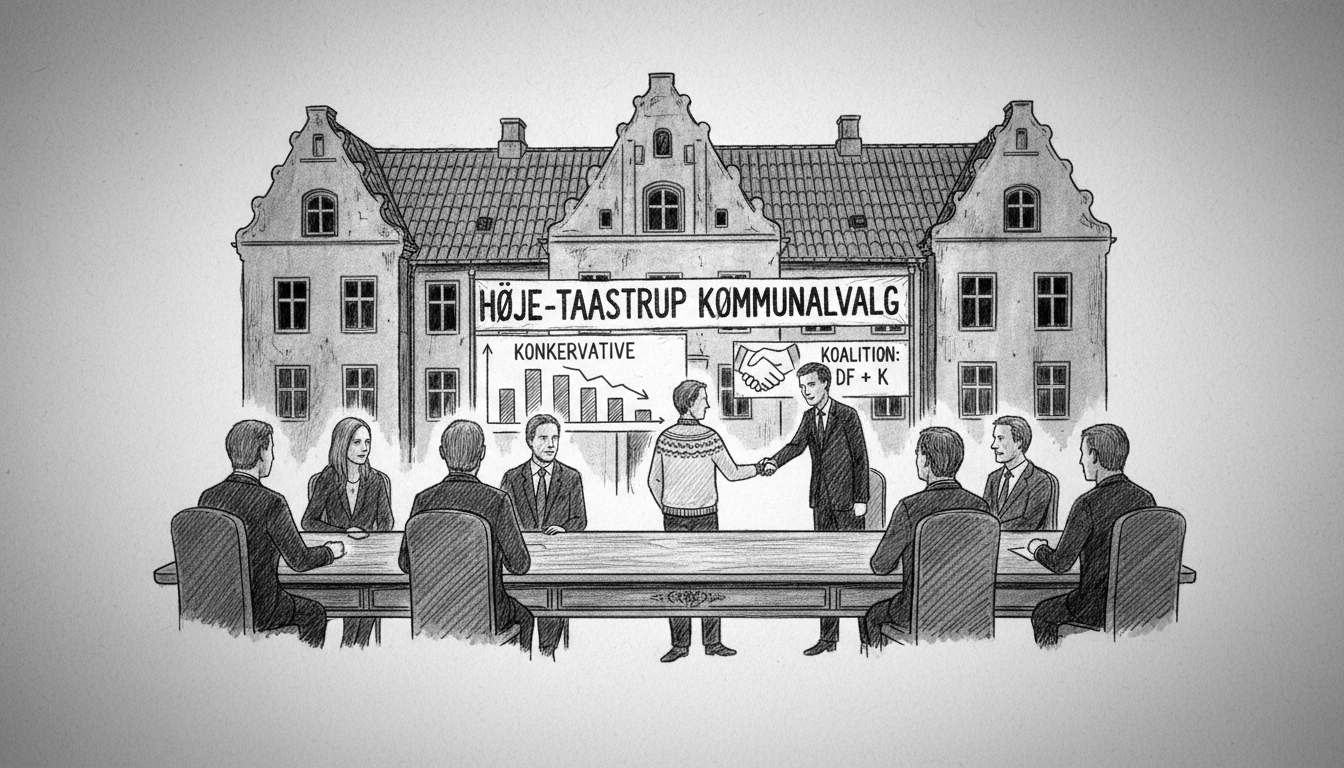The Conservative Party has lost its absolute majority in Høje-Taastrup Municipality following local elections. Despite this setback, Michael Ziegler from the Conservative Party appears set to continue as mayor. The Conservatives remain the largest party in the municipality with 41.2 percent of votes. This represents a decline of 3.4 percentage points from previous results.
Danish People's Party, which forms an electoral alliance with the Conservatives, has confirmed its support for Ziegler's continued leadership. Together, the two parties maintain a majority in the municipal council. This political arrangement ensures governance stability despite the Conservative Party's reduced individual standing.
Michael Ziegler has served as mayor since 2006. He also received the most personal votes of any candidate in the municipality during the 2021 local elections. His political longevity demonstrates strong local support across multiple election cycles.
The mayor conducted a more subdued campaign this election period. He revealed in August that he faces another battle with leukemia. He told regional media that he expects to undergo treatment following the election. This will include a stem cell transplantation over several months.
Local elections in Denmark typically occur every four years. Voters choose both municipal council members and regional council representatives. Høje-Taastrup, located in the Copenhagen metropolitan area, serves approximately 50,000 residents. The municipality has experienced significant demographic changes and urban development in recent years.
The Conservative Party's reduced majority reflects broader political shifts occurring across Danish municipalities. Many established parties face challenges from newer political movements. Yet the continued coalition between Conservatives and Danish People's Party shows traditional alliances remain effective for maintaining governance.
Ziegler's health situation adds personal dimension to this political story. It raises questions about leadership continuity during health challenges. The municipality now faces the dual challenge of political transition and mayoral health concerns. How the administration manages this period will test the resilience of local governance structures.
The election results demonstrate that even established political strongholds can experience meaningful shifts. Voter preferences continue evolving across the Nordic region. This case shows that coalition politics often determine actual governance outcomes more than individual party performances.

